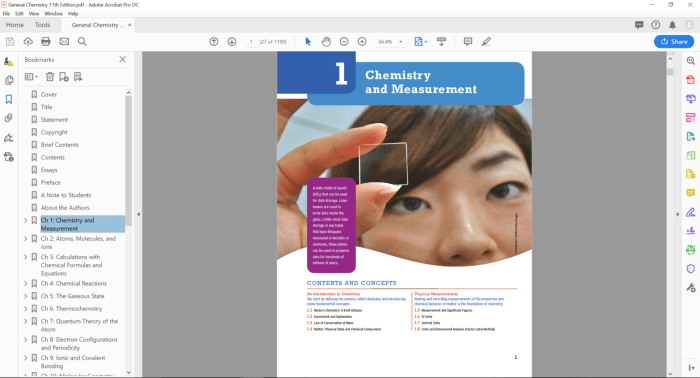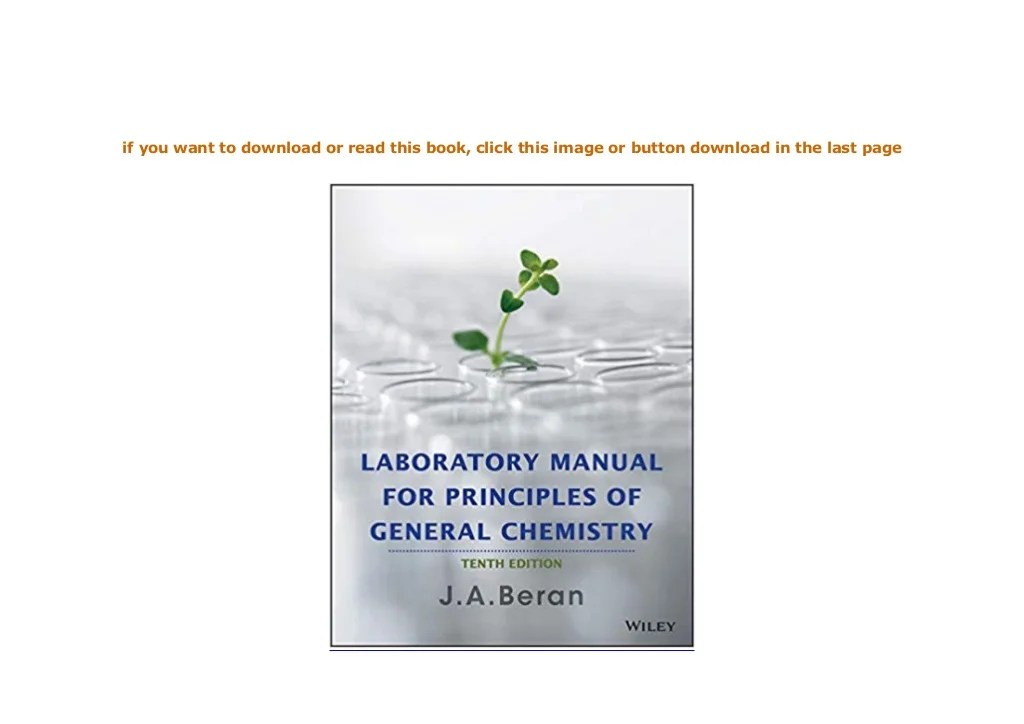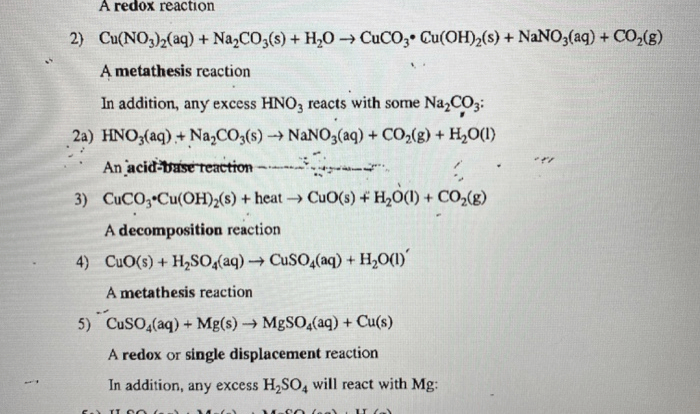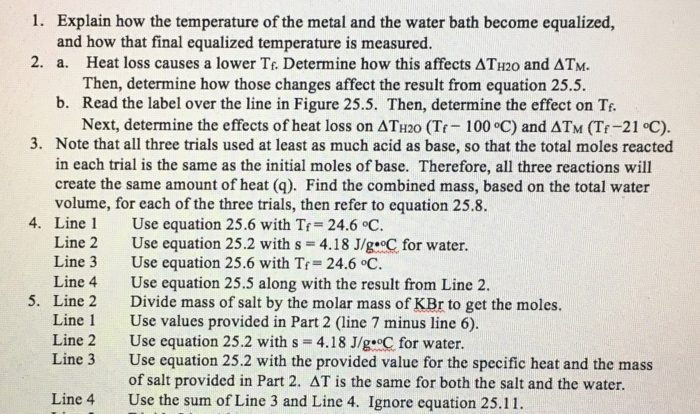The Laboratory Manual for Principles of General Chemistry 11th Edition is an indispensable resource for students enrolled in introductory chemistry courses. This meticulously crafted manual provides a comprehensive guide to the fundamental principles and experimental techniques of general chemistry, empowering students with the knowledge and skills necessary to excel in their studies.
With its user-friendly format and engaging writing style, the manual guides students through a series of carefully designed experiments that illustrate key concepts and reinforce their understanding of the subject matter. Each experiment is meticulously described, ensuring that students have a clear understanding of the objectives, procedures, and safety precautions involved.
1. Introduction

The 11th edition of the laboratory manual for principles of general chemistry provides a comprehensive guide to the laboratory experiments associated with the general chemistry course. It is designed to help students develop their experimental skills and reinforce the theoretical concepts covered in the lectures.
The manual is intended for students enrolled in a first-year general chemistry course, typically taken by science and engineering majors. It assumes that students have a basic understanding of chemistry and mathematics.
2. Experiments
Experiment 1: Introduction to the Laboratory
This experiment introduces students to the laboratory environment and basic laboratory techniques, such as using a balance, measuring volume, and preparing solutions.
Experiment 2: Determination of the Density of a Liquid
This experiment teaches students how to determine the density of a liquid using a graduated cylinder and a balance.
Experiment 3: Spectrophotometric Determination of an Unknown Concentration
This experiment introduces students to spectrophotometry, a technique used to measure the concentration of a solution by measuring the amount of light absorbed by the solution.
Experiment 4: Calorimetry
This experiment teaches students how to measure the heat of a reaction using a calorimeter.
Experiment 5: Titration of a Weak Acid
This experiment introduces students to titration, a technique used to determine the concentration of an unknown solution by reacting it with a known solution of known concentration.
Experiment 6: Synthesis of Aspirin, Laboratory manual for principles of general chemistry 11th edition
This experiment teaches students how to synthesize aspirin, a common pain reliever, from salicylic acid and acetic anhydride.
3. Data Analysis: Laboratory Manual For Principles Of General Chemistry 11th Edition

The manual provides detailed instructions on how to analyze the data collected in the experiments. This includes instructions on how to calculate results, create graphs, and identify sources of error.
Common sources of error are discussed, along with strategies for minimizing them. For example, the manual explains how to avoid contamination of samples and how to use proper calibration techniques.
4. Reporting Results

The manual provides guidelines for reporting experimental results. This includes instructions on how to write a clear and concise laboratory report.
The manual also explains how to cite sources and avoid plagiarism. This is important because students are expected to use outside sources to help them understand the experiments and write their reports.
5. Appendix
The appendix of the manual contains a variety of resources, including:
- A glossary of terms
- A table of physical constants
- A list of safety guidelines
- A set of practice problems
These resources can be used to enhance learning and understanding of the material covered in the manual.
FAQ Insights
What is the purpose of the Laboratory Manual for Principles of General Chemistry 11th Edition?
The Laboratory Manual for Principles of General Chemistry 11th Edition is designed to provide students with a comprehensive guide to the fundamental principles and experimental techniques of general chemistry.
What are the key features of the Laboratory Manual for Principles of General Chemistry 11th Edition?
The Laboratory Manual for Principles of General Chemistry 11th Edition features a user-friendly format, engaging writing style, and a series of carefully designed experiments that illustrate key concepts and reinforce understanding.
What are the benefits of using the Laboratory Manual for Principles of General Chemistry 11th Edition?
The Laboratory Manual for Principles of General Chemistry 11th Edition helps students to develop a strong understanding of the fundamental principles of general chemistry, improve their experimental skills, and prepare for success in introductory chemistry courses.

